Kowloon offers halal‑certified options for every craving Muslim travellers!
Passport Stamps to Disappear in 29 European Countries by 2025: What Muslim Travellers Should Know
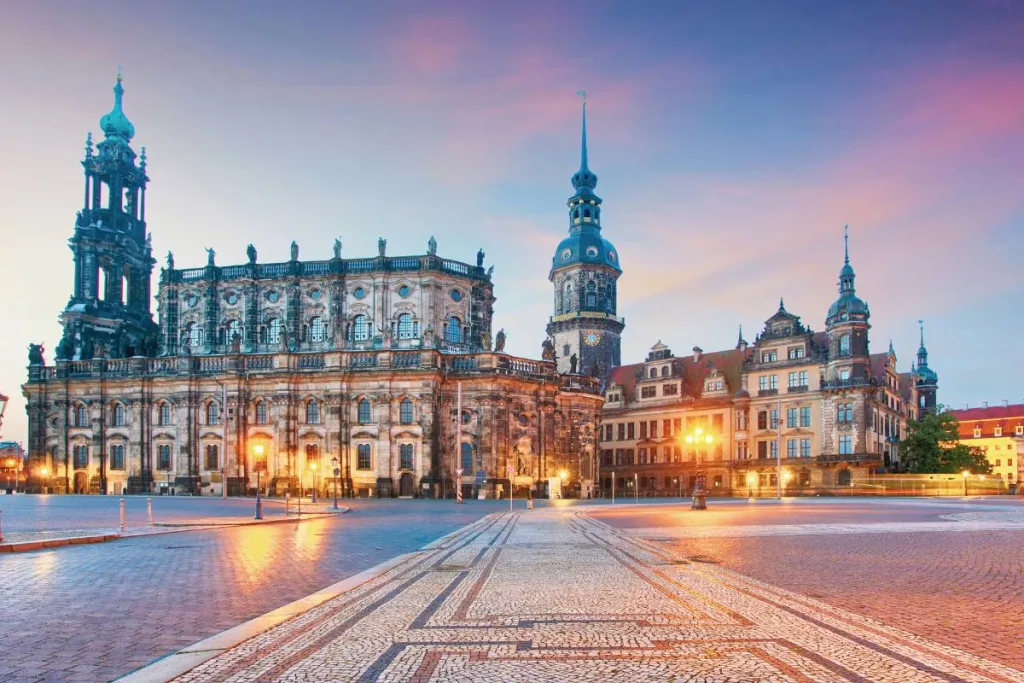
There’s something special about flipping through a passport filled with stamps. Each mark tells a story: the thrill of landing in Paris for the first time, a spontaneous weekend in Budapest, or that dreamy summer escape to the Greek islands. For many travellers—Muslim travellers included—passport stamps are like a built-in scrapbook, tangible reminders of adventures far from home.
But this little travel ritual is about to become a thing of the past. Starting 12 Oct 2025, 29 European countries will roll out the long-anticipated Entry/Exit System (EES), replacing traditional passport stamps with a more high-tech solution: biometric data collection. That means travellers won’t get that satisfying ink mark at border control anymore. Instead, they’ll have their fingerprints and facial scans recorded digitally every time they cross a participating country’s border.
Also read: 10 Affordable Muslim-Friendly Cities to Visit in Europe This Year
What is the Entry/Exit System (EES)?
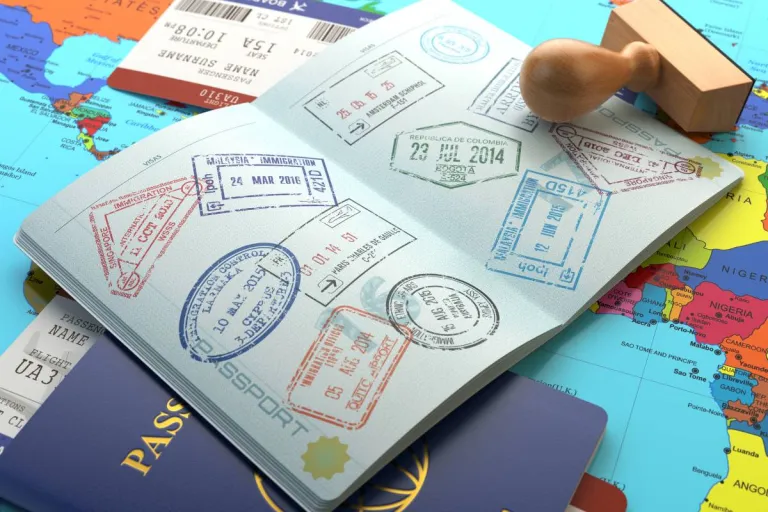
Image credit: Maksym Yemelyanov | Canva Pro
The EES is the European Union’s answer to modernising border control. It’s an automated IT system designed to track non-EU travellers (those visiting for short stays) as they enter and exit EU and Schengen-area countries. The system will log:
Information from your travel documents
The date and location of each border crossing
A facial scan and fingerprints
By 10 Apr 2026, this system will be fully implemented across all participating nations, phasing out physical stamps entirely.
Which countries will use the EES?

Image credit: RudyBalasko _ Canva Pro
The list includes almost all of Europe’s most popular destinations, so frequent travellers should take note. The 29 countries adopting the system are:
Austria, Belgium, Bulgaria, Croatia, Czechia, Denmark, Estonia, Finland, France, Germany, Greece, Hungary, Iceland, Italy, Latvia, Liechtenstein, Lithuania, Luxembourg, Malta, Netherlands, Norway, Poland, Portugal, Romania, Slovakia, Slovenia, Spain, Sweden, and Switzerland.
Whether travellers are dreaming of Swiss Alps skiing or sampling tapas in Spain, this shift will be impossible to miss.
What this means for travellers
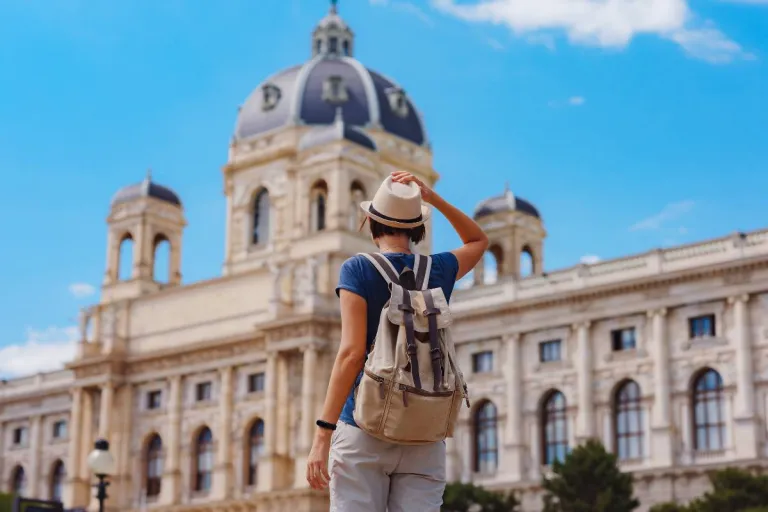
Image credit: yuriyseleznev _ Canva Pro
For most people, this change won’t affect travel plans beyond adding a few extra seconds at border control to scan biometric data. However, there are a few key points worth noting:
Goodbye, passport souvenirs: No more collecting stamps as keepsakes. Instead, all data is stored digitally.
Smoother, safer borders: The aim is to streamline border checks, making travel safer and faster in the long run.
More transparency: The EES makes it easier for countries to track overstays and enforce travel regulations.
Tips for Muslim travellers
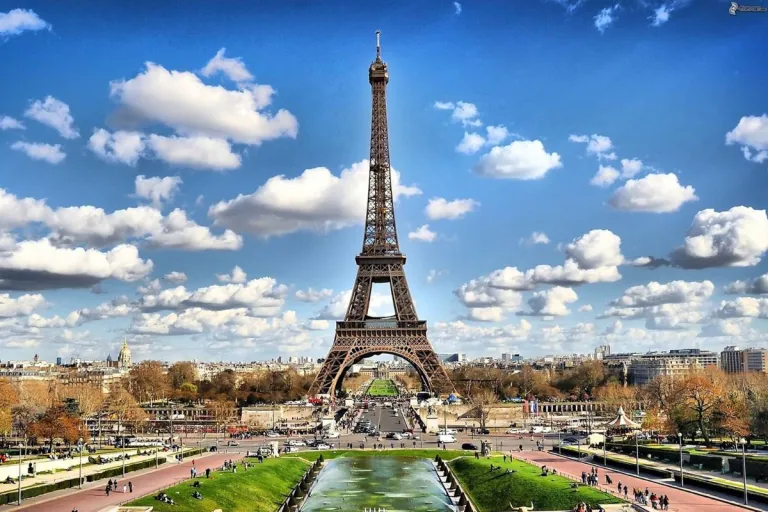
Image credit: Thorstan Technoman | Canva Pro
For Muslim travellers exploring Europe, this change means a more efficient border-crossing process, giving them more time to focus on planning halal-friendly adventures. Europe’s Muslim-friendly offerings have grown in recent years:
Halal dining: Cities like Paris, Berlin, and Amsterdam have thriving halal food scenes.
Prayer facilities: Major airports like Frankfurt, Schiphol, and Charles de Gaulle have dedicated prayer rooms, which are easy to find before or after immigration.
Cultural comfort: Muslim travellers can use that saved border-crossing time to locate halal eateries, mosques, or Muslim-friendly accommodation upon arrival.
For those who used passport stamps as travel mementoes, consider switching to other keepsakes—like photo journals, boarding passes, or collecting city-specific postcards.
A global trend
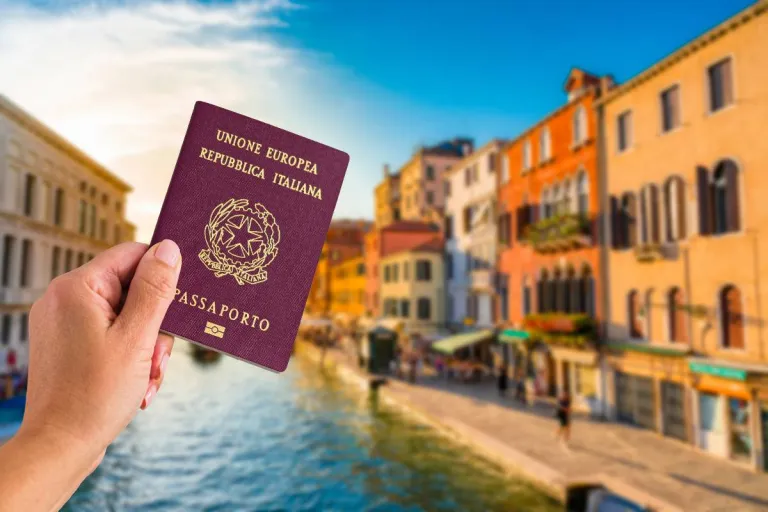
Image credit: fcafotodigital | Canva Pro
Europe isn’t the first region to go digital. Australia stopped stamping passports back in 2012, while Singapore, Hong Kong, and Argentina have also phased them out. Even the United States is gradually replacing ink stamps with electronic records, and the UK recently rolled out an electronic travel authorisation (ETA) system.
This global shift reflects a travel world that’s becoming increasingly seamless and secure. For today’s globetrotters—whether backpacking through the Balkans or taking a halal food tour in Istanbul—digital borders mean fewer queues and more adventures.
Also read: The Ultimate Muslim Traveller’s Guide to Plugs, Voltage & Charging Overseas
Final thoughts
Losing the tradition of passport stamps feels bittersweet. For many travellers, those faded stamps represented milestones: a first solo trip, a honeymoon, or a bucket-list destination finally ticked off. But as travel evolves, technology is taking over to make journeys smoother and safer for everyone.
Whether Muslim or non-Muslim, travellers can expect Europe’s border crossings to feel less like a bureaucratic hurdle and more like a quick checkpoint on the way to their next adventure. So, while the ink may dry up, the memories won’t—if anything, they’ll be easier to make as borders become faster and more efficient.
Published at
About Author
Aimi Zulkiflee
Subscribe our Newsletter
Get our weekly tips and travel news!
Recommended Articles
15 Best Halal Foods in Kowloon, Hong Kong Top Muslim-Friendly Things to Do at The Newest Antara Genting Highlands It’s located between Peacehaven Campsite and Cradle Rock Genting Highlands, along Jalan Utama Genting Highlands
10 Best Halal-Friendly Destinations in The Philippines for Muslim Travellers Not just Boracay...
10 Best Places for Muslim Travellers to See Tulip Festivals in 2025 Fun Fact: Tulips didn’t actually come from the Netherlands but Türkiye!
Top 10 Popular Muslim-Friendly Destinations to Visit in 2025 Our schedules are packed, buddies!
Latest Articles
Sapporo Winter Festival 2026: The Ultimate Guide for Muslim Travellers Get ready for the biggest winter festival in Japan!
10 Spots to Find the Most Authentic Halal Pho in Ho Chi Minh City, Vietnam Here are our favorite spots for authentic Halal Pho in Saigon.
10 Family-Friendly Theme Parks in Bandung for an Unforgettable Getaway From cozy indoor spaces to spots offering breathtaking natural views of Bandung.
8 Must-Stay Hotels in Canada with the Most Stunning Natural Views you need a room with a view!
Exploring Iconic Canada: From Dreamy Aurora Views to Trending K-Drama Filming Spots you might have spotted the breathtaking landscapes in Canada

